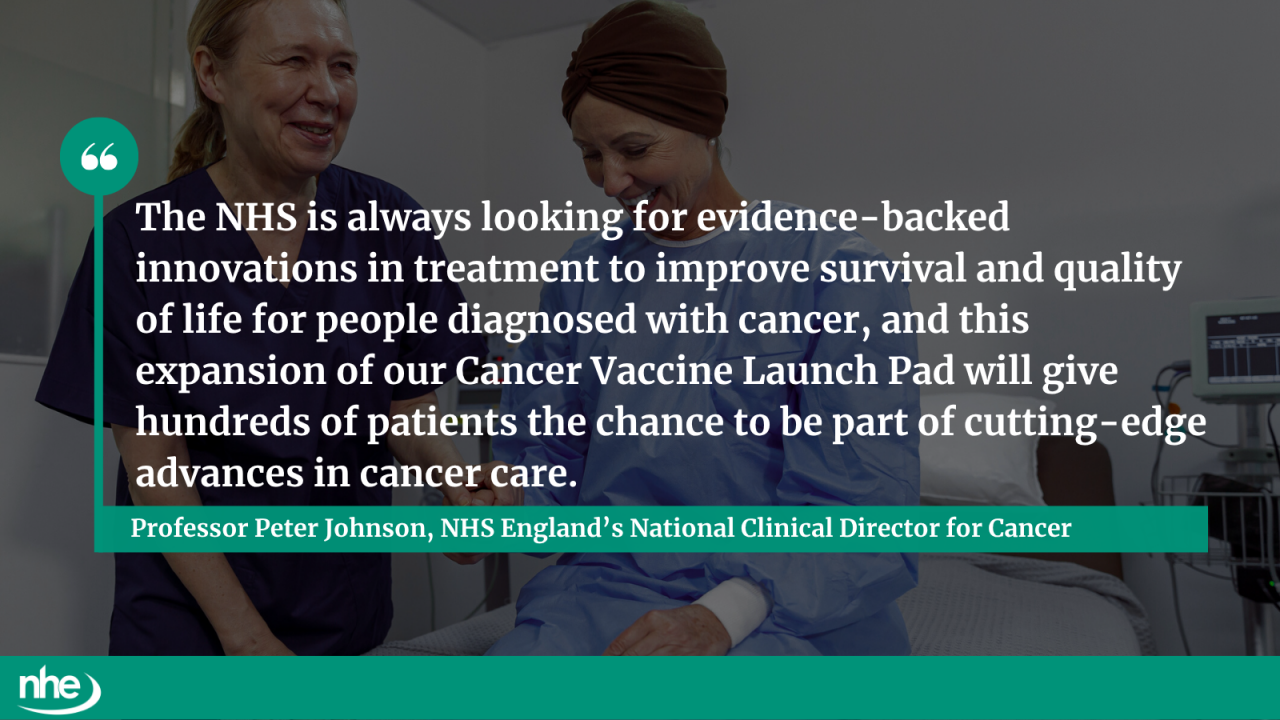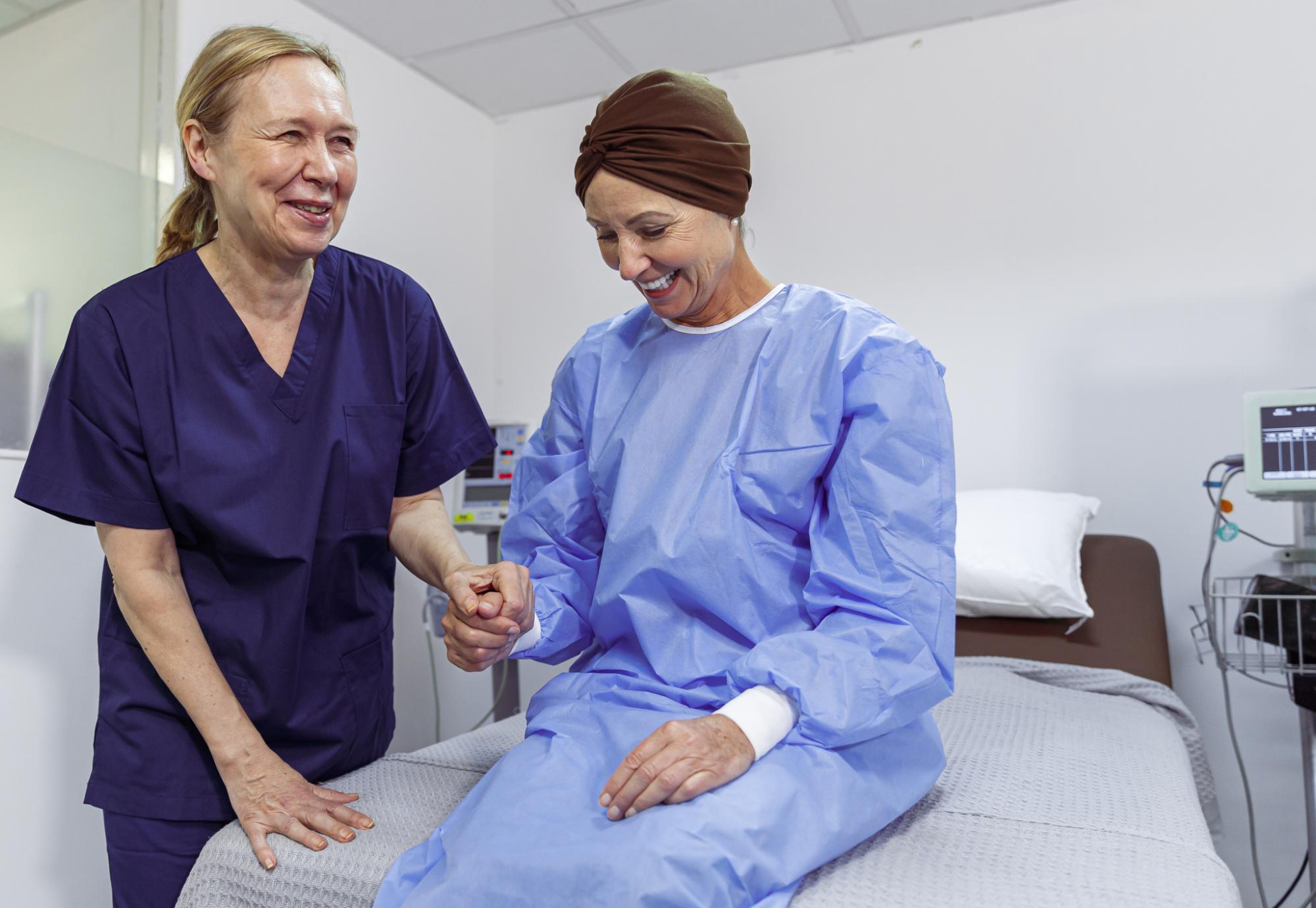Patients in England with advanced head and neck cancer are being fast-tracked into a groundbreaking mRNA cancer vaccine trial, as the NHS expands its Cancer Vaccine Launch Pad (CVLP) to accelerate access to cutting-edge treatments.
More than 100 patients will be matched to the AHEAD-MERIT (BNT113-01) trial, which is now running at 15 NHS hospitals across England. The investigational vaccine, developed by BioNTech, uses mRNA technology to train the immune system to recognise and destroy cancer cells containing HPV-16 proteins, the most common cause of head and neck squamous cell cancers.
This is the third cancer vaccine trial coordinated by the Southampton Clinical Trials Unit through the CVLP, which has already referred around 550 patients to trials for bowel and skin cancers.
Head and neck cancers affect over 11,000 people in England each year, typically developing in the mouth, throat, or voice box. Advanced cases are difficult to treat and have two-year survival rates below 50%.
NHS England’s National Clinical Director for Cancer, Professor Peter Johnson, said:
“It’s fantastic that more patients with advanced head and neck cancers will now be able to access this potentially transformative vaccine, offering renewed hope of holding the disease at bay.
“The NHS is always looking for evidence-backed innovations in treatment to improve survival and quality of life for people diagnosed with cancer, and this expansion of our Cancer Vaccine Launch Pad will give hundreds of patients the chance to be part of cutting-edge advances in cancer care.”

The investigational vaccine encodes two proteins frequently found in HPV-16-related cancers, helping the immune system target and eliminate cancer cells. The first patients have already received the vaccine, with more to be enrolled soon.
The CVLP is a strategic partnership between NHS England, the UK Government, and BioNTech, designed to match patients to trials faster and streamline enrolment. One recent study was accelerated by nearly a year thanks to CVLP’s rapid activation model.
The programme aims to match thousands more patients to future trials for cancer vaccines and immunotherapies.
Image credit: iStock



















